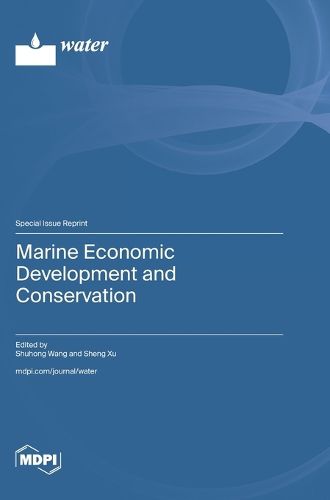Readings Newsletter
Become a Readings Member to make your shopping experience even easier.
Sign in or sign up for free!
You’re not far away from qualifying for FREE standard shipping within Australia
You’ve qualified for FREE standard shipping within Australia
The cart is loading…






This title is printed to order. This book may have been self-published. If so, we cannot guarantee the quality of the content. In the main most books will have gone through the editing process however some may not. We therefore suggest that you be aware of this before ordering this book. If in doubt check either the author or publisher’s details as we are unable to accept any returns unless they are faulty. Please contact us if you have any questions.
China faces the dual problem of transforming its economy while ensuring sustainable economic and environmental development. Hence, an unyielding demand for resources and resulting energy shortages are expected to foster restrictions on Chinese social development for some time. The impetus behind the development of marine resources has been increasing. Nevertheless, it remains difficult to meet the present resource consumption requirements. The traditional economic growth model in China, with high pollution, high consumption, and low profit, has caused significant damage to the environment (Song et al., 2013). Moreover, the low prices have meant that resources have been excessively exploited and wasted. If the exploitation and utilization of marine resources become as extensive, incontinent, and unsustainable as those of land resources, irreversible damage will occur. Presently, the exploitation and utilization of marine resources is at an early stage. Resource shortages can be overcome by enhancing the protection of marine resources and by nurturing mutual relationships.
$9.00 standard shipping within Australia
FREE standard shipping within Australia for orders over $100.00
Express & International shipping calculated at checkout
This title is printed to order. This book may have been self-published. If so, we cannot guarantee the quality of the content. In the main most books will have gone through the editing process however some may not. We therefore suggest that you be aware of this before ordering this book. If in doubt check either the author or publisher’s details as we are unable to accept any returns unless they are faulty. Please contact us if you have any questions.
China faces the dual problem of transforming its economy while ensuring sustainable economic and environmental development. Hence, an unyielding demand for resources and resulting energy shortages are expected to foster restrictions on Chinese social development for some time. The impetus behind the development of marine resources has been increasing. Nevertheless, it remains difficult to meet the present resource consumption requirements. The traditional economic growth model in China, with high pollution, high consumption, and low profit, has caused significant damage to the environment (Song et al., 2013). Moreover, the low prices have meant that resources have been excessively exploited and wasted. If the exploitation and utilization of marine resources become as extensive, incontinent, and unsustainable as those of land resources, irreversible damage will occur. Presently, the exploitation and utilization of marine resources is at an early stage. Resource shortages can be overcome by enhancing the protection of marine resources and by nurturing mutual relationships.